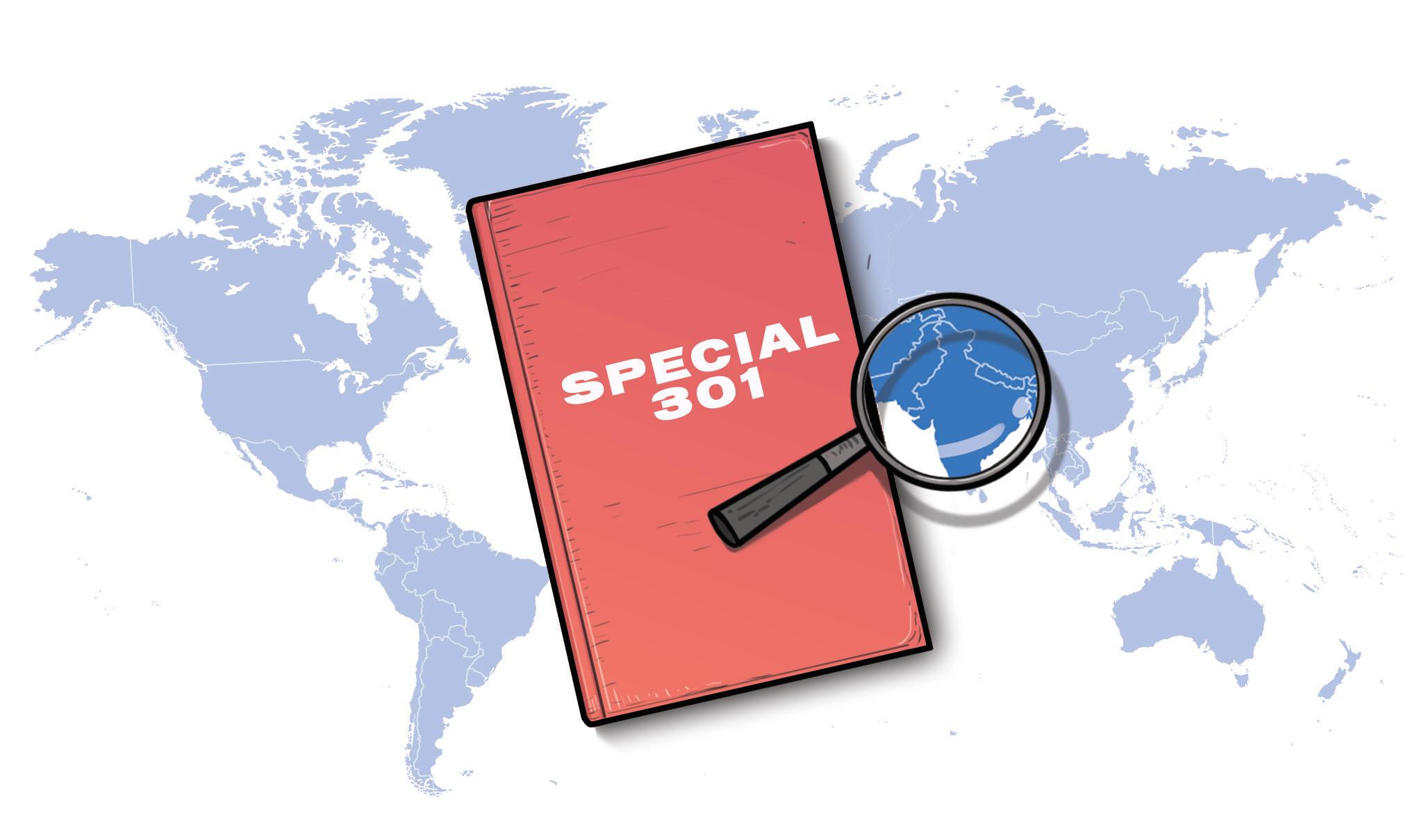Lethal hypocrisy of US Special 301 Report
June 01, 2023
|Down To Earth
Patent protection in the US is a convoluted and expensive business and yet it pulls up other countries that have robust systems

FOR INTIMIDATION, unabashed hypocrisy and disregard of inconvenient facts, the latest "Special 301 Report" brought out by the office of the US Trade Representative (USTR) continues to take the honours. The 2023 report is all of a piece with those of the previous years; its content, language and analysis not differing much for well over a decade. And India continues to be on its "Priority Watch" list, as it has been since at least 2007.
The "Special 301 Report" looks at the laws on intellectual property (IP) rights in over 100 countries that the US trades with, and assesses the "adequacy and effectiveness" of these regulations in protecting and enforcing IP rights. The yardstick USTR uses is its own-not any globally mandated agreement such as the World Trade Organization (WTO)'s Agreement on Trade-Related Aspects of Intellectual Property Rights (TRIPS) but Washington's perception of how systems in different countries affect its trade interests. The "Priority Watch" list is USTR's category for those countries that present the most serious concerns in this regard.
What does the 2023 report say about India? That it "remains one of the world's most challenging major economies with respect to protection and enforcement of IP", with patent issues continuing to be of particular concern. Why so? Because of "the potential threat of patent revocations, lack of presumption of patent validity, and the narrow patentability criteria which impacts US companies across different sectors." It also complains that patent applicants continue to confront costly and time-consuming pre-grant and post-grant oppositions, long waiting periods to be granted patents and excessive reporting requirements.
هذه القصة من طبعة June 01, 2023 من Down To Earth.
اشترك في Magzter GOLD للوصول إلى آلاف القصص المتميزة المنسقة، وأكثر من 9000 مجلة وصحيفة.
هل أنت مشترك بالفعل؟ تسجيل الدخول
المزيد من القصص من Down To Earth

Down To Earth
KING OF BIRDS
Revered for centuries, western tragopan now needs protection as its forests shrink, human pressures mount
3 mins
December 16, 2025

Down To Earth
WHISKERS ALL AQUIVER
Climate change threatens creatures that have weathered extreme environments for thousands of years
2 mins
December 16, 2025

Down To Earth
GOLDEN SPIRIT
Survival of the shy primate is closely tied to the health of Western Ghats
3 mins
December 16, 2025

Down To Earth
RINGED EYES IN THE CANOPY
Rapid habitat destruction forces arboreal langur to alter habits
2 mins
December 16, 2025

Down To Earth
HANGING BY THE CLIFF
The Himalaya's rarest wild goat is on the brink of local extinction
2 mins
December 16, 2025

Down To Earth
ANGEL OF THE BEAS
Conservation reserves, citizen science, and habitat protection give the Indus River dolphin a fighting chance in India
2 mins
December 16, 2025

Down To Earth
UNDER MOONLIT SCRUB
Survival of this hidden guardian tells us whether our scrublands still breathe
2 mins
December 16, 2025

Down To Earth
SYMBOL OF SILENT VALLEY
Lion-tailed macaque remains vulnerable despite past victories
2 mins
December 16, 2025

Down To Earth
THE APE IN OUR STORIES
India's only non-human ape species is a cultural icon threatened by forest fragmentation
2 mins
December 16, 2025

Down To Earth
SENTINEL OF THE HIGH COLD DESERT
The bird's evocative call may not continue to roll across the cold desert valley for long
3 mins
December 16, 2025
Translate
Change font size

